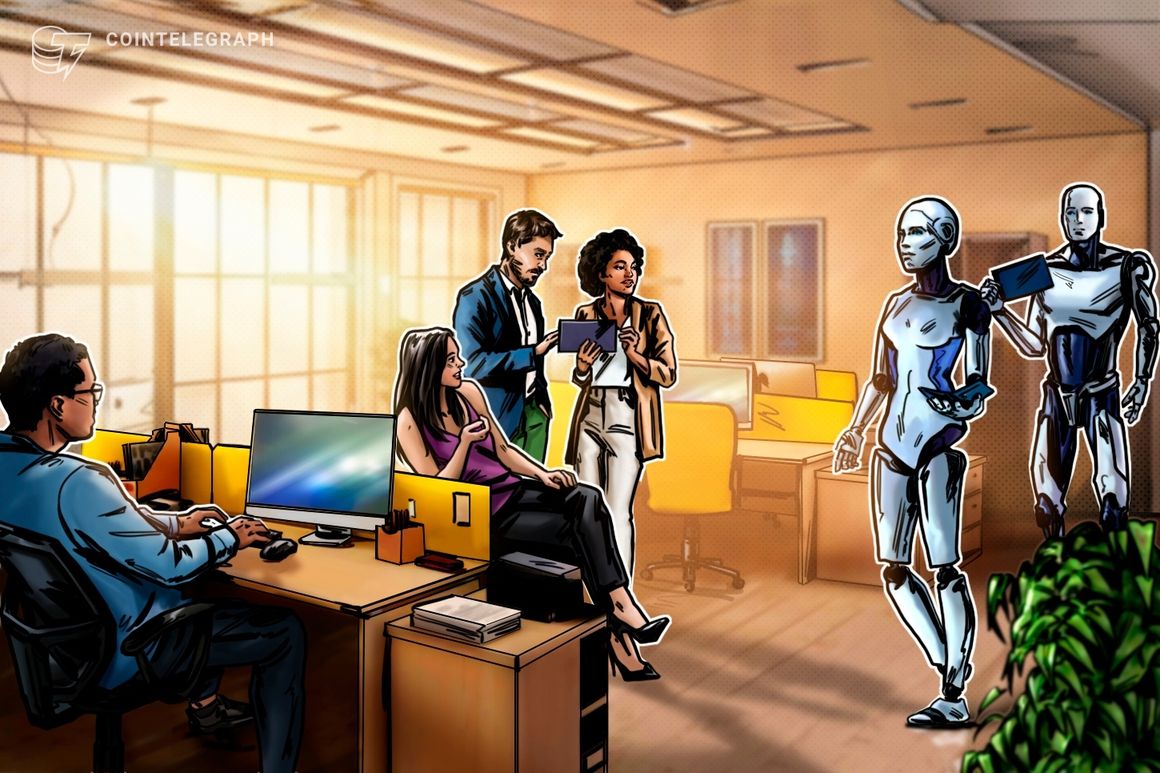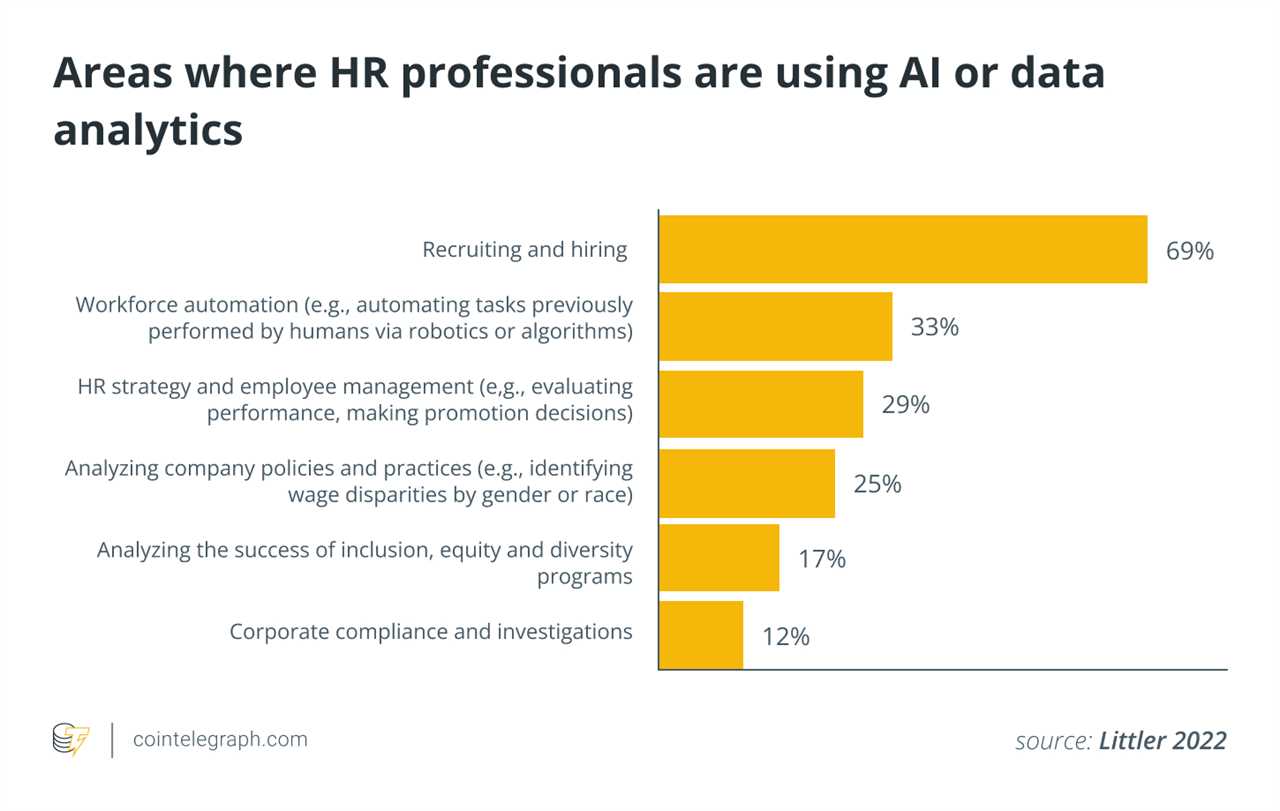
As businesses worldwide face the challenges of talent acquisition, employee retention, and optimizing workplace dynamics, artificial intelligence (AI) has emerged as a potential game-changer within the human resources (HR) field.
A Promising Fusion of Efficiency and Decision-Making

Industry insiders and observers believe that integrating AI into HR can revolutionize data-driven efficiency and decision-making. AI-driven tools can streamline time-consuming processes and eliminate the need for human intuition.
Streamlining Recruitment with AI Algorithms
AI algorithms can efficiently sort through large pools of job applications and identify candidates who best match the job description. This accelerates the recruitment process and ensures a closer fit between candidates and company requirements.
Enhancing Employee Satisfaction and Reducing Attrition
Predictive analytics powered by AI enable companies to anticipate potential employee turnover and address underlying issues proactively. This approach can enhance employee satisfaction and potentially reduce attrition rates.
Challenges and Ongoing Debate
Despite the numerous benefits of AI in HR, there are concerns regarding data privacy, algorithmic biases, and over-reliance on technology at the expense of human intuition.
Tailored AI Solutions for HR
Moving away from one-size-fits-all solutions, HR professionals recognize the need for tailored AI solutions that match the unique challenges and cultural nuances of individual companies.
Catering to Diverse Needs
For example, a multinational corporation with employees across different geographies may benefit from an AI system that understands regional employment laws and local talent pools. In contrast, a tech startup may require an AI solution that focuses on skills matching, rapid onboarding, and remote work dynamics.
Companies like Olympia are rising to the challenge by offering AI teams customized to businesses' specific needs, providing real-time collaboration and data analytics.
Challenges and Concerns
The dialogue surrounding AI in HR often centers on the value of human insight and the importance of understanding and empathizing with employees beyond data.
Data Bias and Privacy
If AI training data is biased, it can lead to unfair or discriminatory outcomes in recruitment and other HR processes. Ensuring data privacy and security is crucial to maintain employee trust and morale.
Adaptability and Continuous Learning
As AI evolves rapidly, HR teams need to stay updated with the latest advancements through continuous training and upskilling.
The Future of HR
AI's integration into HR brings new paradigms and challenges. While AI promises streamlined processes and predictive insights, the core of HR revolves around understanding people's aspirations and building trust.
The Evolving Landscape
AI's influence is reshaping the HR landscape, prompting HR professionals to navigate an automated future. Businesses and HR professionals must carefully consider the risks and benefits of AI integration.
Varying Perspectives
The ongoing discourse in the HR field reflects the multifaceted nature of AI's role and influence. The synthesis of technology and human intuition will shape workforce dynamics for years to come.
Did you miss our previous article...
https://trendinginthenews.com/crypto-currency/bitcoin-risks-swift-23k-dive-after-btc-price-loses-11-in-august






